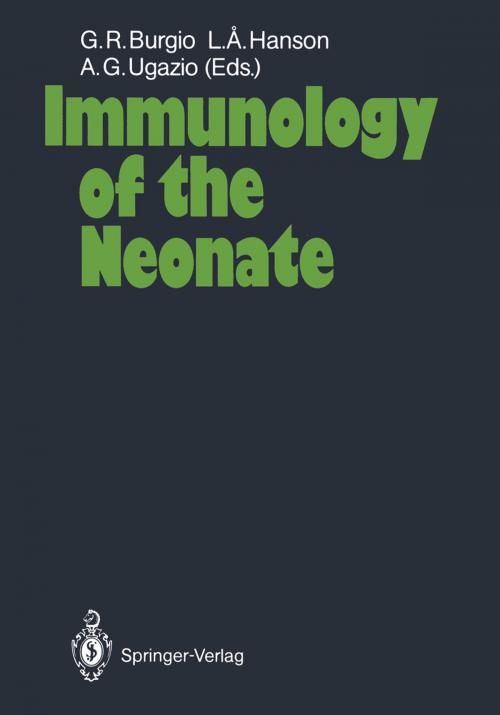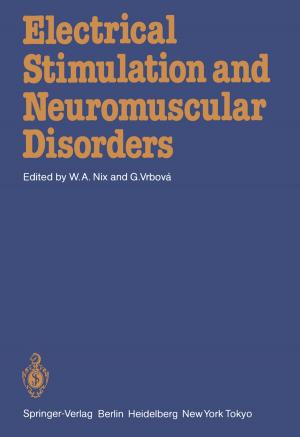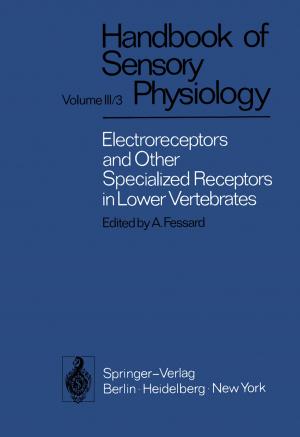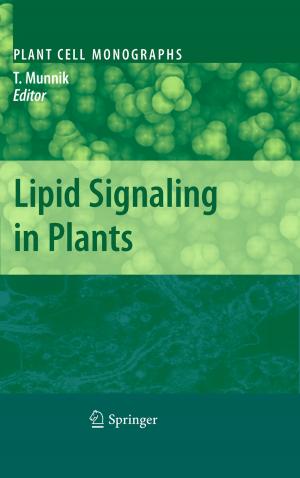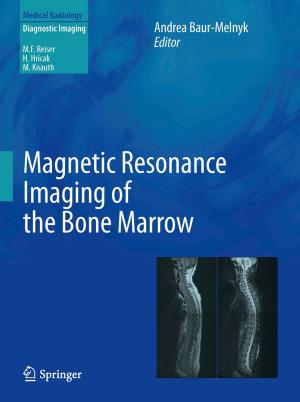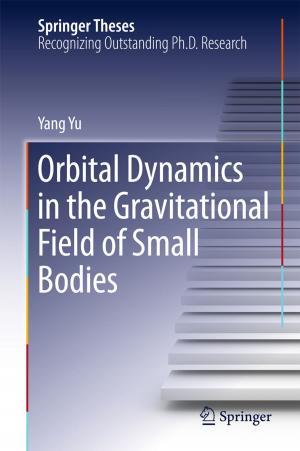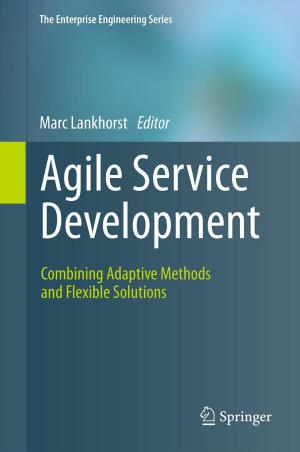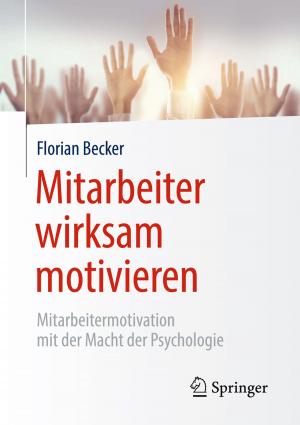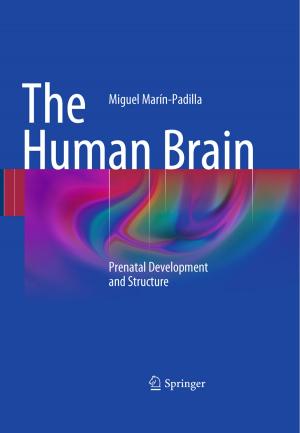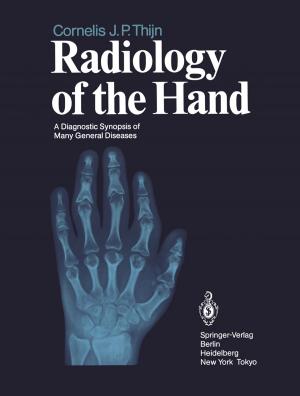Immunology of the Neonate
Nonfiction, Health & Well Being, Medical, Medical Science, Immunology, Specialties, Pediatrics| Author: | ISBN: | 9783642710940 | |
| Publisher: | Springer Berlin Heidelberg | Publication: | December 6, 2012 |
| Imprint: | Springer | Language: | English |
| Author: | |
| ISBN: | 9783642710940 |
| Publisher: | Springer Berlin Heidelberg |
| Publication: | December 6, 2012 |
| Imprint: | Springer |
| Language: | English |
Over the last few years, many new observations have profoundly changed our concepts of the immune competence of the newborn. For the immune system, as for other systems and functions, the neonatal age represents a crucial transition period. In fact the immune characteristics of the fetus are likely to result fro- or be conditioned by - several often contradictory physiological requirements. On the one hand, it would certainly be an advantage for the fetus to acquire a complete immunocompetence as soon as possible in order to be able to cope with the eventual transplacental passage of pathogenic microorganisms and possibly also in order to reject maternal cells occasionally crossing the placental nd barrier. This is actually what occurs, at least in part, during the 2 and Jfd month of gestation when the fetus begins to acquire his biological individuality and at the same time the role of a "biological ego" resulting from the attain ment by the immune system of the capacity to discriminate between self and nonself.
Over the last few years, many new observations have profoundly changed our concepts of the immune competence of the newborn. For the immune system, as for other systems and functions, the neonatal age represents a crucial transition period. In fact the immune characteristics of the fetus are likely to result fro- or be conditioned by - several often contradictory physiological requirements. On the one hand, it would certainly be an advantage for the fetus to acquire a complete immunocompetence as soon as possible in order to be able to cope with the eventual transplacental passage of pathogenic microorganisms and possibly also in order to reject maternal cells occasionally crossing the placental nd barrier. This is actually what occurs, at least in part, during the 2 and Jfd month of gestation when the fetus begins to acquire his biological individuality and at the same time the role of a "biological ego" resulting from the attain ment by the immune system of the capacity to discriminate between self and nonself.
